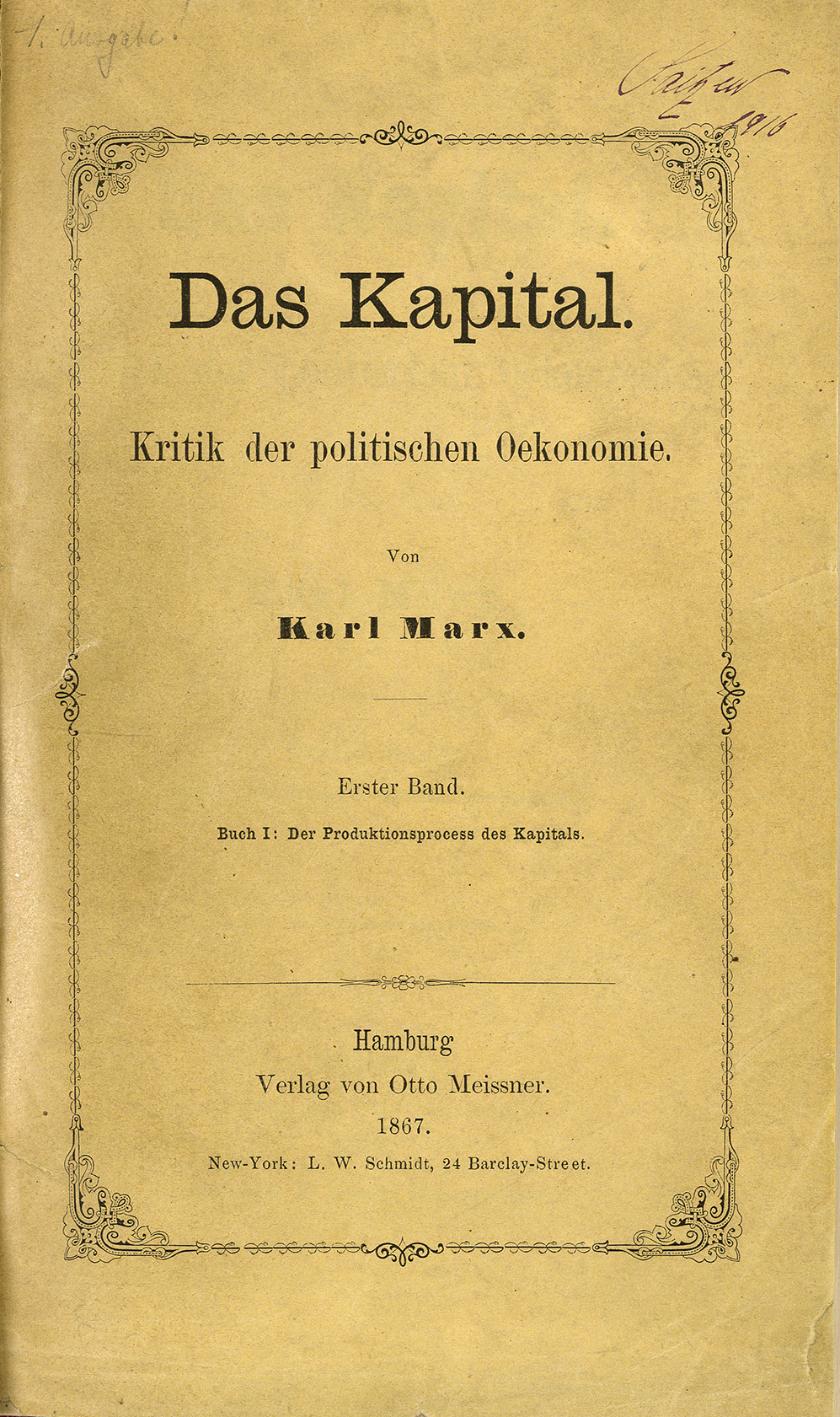Bank capital
|
Banking basics
A recap of a few things you’d think financial professionals ought to know
|
You will often hear people sagely intone that “bank capital is expensive”. Everyone else in earshot will sagely nod as if this wisdom is ingrained in every graduate from their first moment behind the counter — who knows? Maybe it is — but it took JC a couple of decades to clock on to it, so it is worth rehashing.
What is bank capital?
“Bank capital” is the difference between a bank’s assets — the investments it makes — and its liabilities — the amounts it owes its depositors and others from whom it borrows. This is of course the same for any corporation.
Where banks differ is that prudential regulations require them to maintain an amount of bank capital. You hear people saying banks have to “hold” a certain amount of capital, and while it is a bit of a mischaracterisation — in fact, the bank must just manage the difference between the values of its assets and its liabilities — it is a harmless faux pas that only economics really get het up about.
As do all corporates, banks have “asymmetric” credit risk: if those in whom they have invested go titten hoch, the bank will lose money on its investment, but if those from whom a bank has borrowed money does — in large part, this will be retail depositors — the bank still has to repay the debt, and may indeed have to repay it sooner rather than later. A good part of the bank’s dilemma is that its funding sources tend to be small and very short-term (e.g. call deposits) and its investments are larger and longer-term (e.g. 25-year mortgages) so it is relying on the diversity of its deposit base to not all be asking for their money at once. As long as its churn of deposits is stable, it can maintain its lending programme.
The bank has two kinds of existential threat: first, that it loses so much money on its investments and cannot repay its depositors at all: this risk is addressed by capital adequacy regulations — and secondly, on a net basis a significant portion of its depositors unexpectedly all want their money at once — this risk is addressed by diversity requirements and a central bank-mandated reserve requirement so that the bank has access to sufficient “liquidity” — that is, cash — to meet spikes in withdrawals when they happen.
Why is it expensive?
The basic deal in banking is to borrow short, at low interest rates, and lend long at higher interest rates. As long as you don’t lose too much on your investments, or suffer withdrawal spikes (also known as “bank runs”), happy days.
The typical “margin spread” between a bank’s deposit rate and its lending rate is between 2% and 5%. This is the most a bank stands to gain, all going well.
But as we’ve seen, banks aren’t allowed to finance all their assets out of deposits: they must maintain a certain “capital ratio”, meaning they must fund 10% or more out of shareholder common equity, and thanks to fractional reserve rules, a good portion of the deposits cannot be lent out, but must be held on the balance sheet earning nothing, or with central banks at low or zero interest rates.
Sitting on cash is necessarily inefficient because it is in the nature of money to lose value over time. One of the primary functions of the financial system is to keep money moving as fast as possible. If you are sitting on money you are not earning anything with it. Putting cash with the central bank is the next worst thing to just sitting on it: while central banks do now pay interest, they don’t pay much.
Now a common equity shareholder sits a lot further down the capital structure than a depositor and bears all the risk of loss should the bank get into financial difficulties. Therefore a bank shareholder will expect a higher return on their investment: say 10-15% per annum.
It is here that the size of the equity ratio makes a difference: The larger that equity buffer is, the greater the sum on which the bank must yield that stiff expected equity return. Also, the lower the effective leverage: A bank’s profit as the rate of return on its assets less the cost of its liabilities; the more of its capital it can
|
Premium content
Here the free bit runs out. Subscribers click 👉 here. New readers sign up 👉 here and, for ½ a weekly 🍺 go full ninja about all these juicy topics👇
|
See also
Template:M sa banking Why is bank capital expensive?
